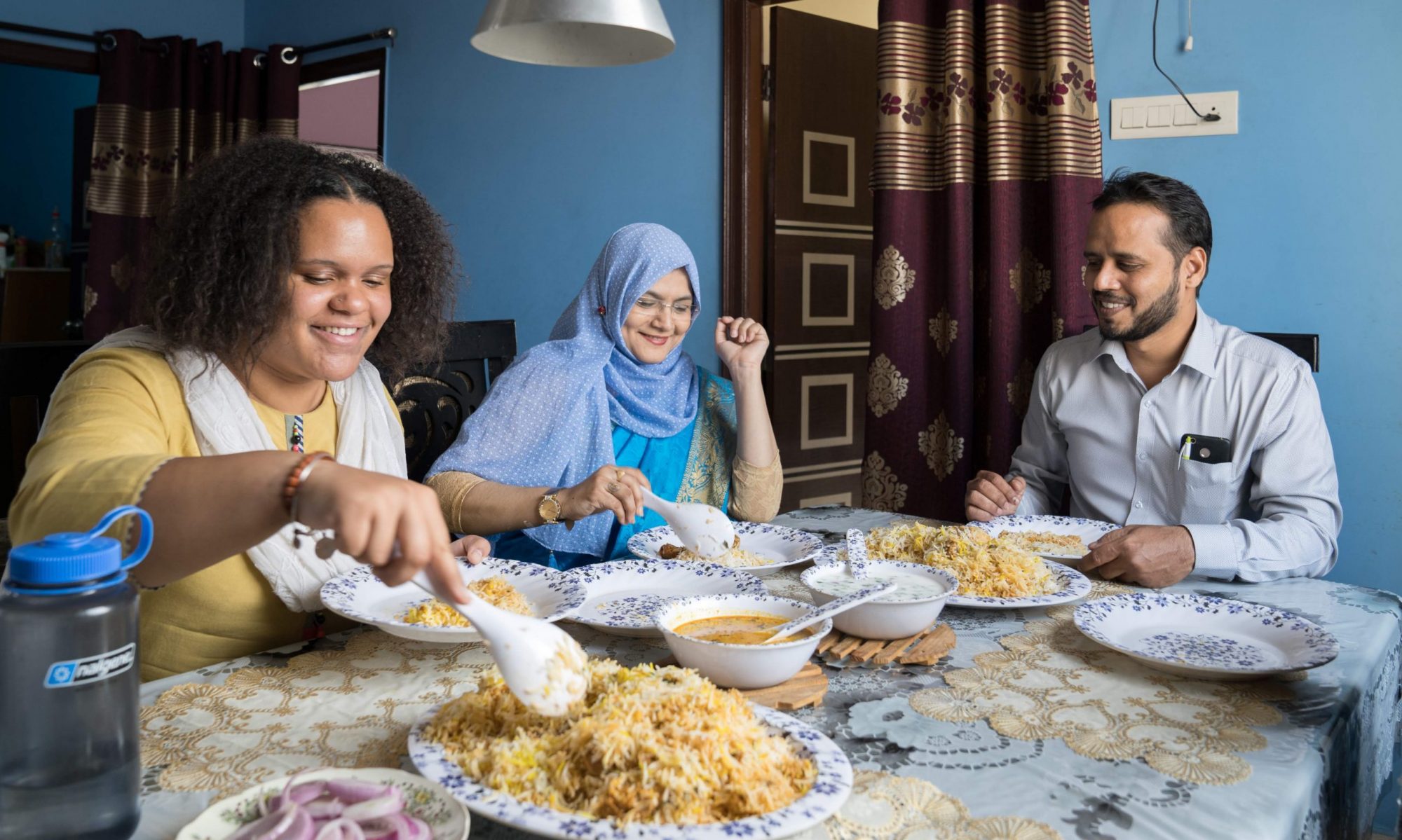by Sophie, Tufts 1+4 Participant
In the kitchen of my host family’s house, I happily fiddled with the proportions of ingredients and flipped pancakes in a small pan. For a second, I was brought back home as I heard an echo of my grandma’s voice in my head from the first time we ever made pancakes together. It was a month into my time living in Brazil, and I had yet to see a single one — apparently, pancakes as we know them are a purely American phenomenon. Thus, I was determined to make these perfect, complete with authentic New York maple syrup from my town’s local farmers’ market, and I was excited to share a little piece of my life at home with my Brazilian family. They were incredibly confused about the maple syrup (“what do you mean it comes from trees?!”) and were watching my every move, trying to craft a recipe to write down from my unscientific fiddling. Finally, I proudly set the stack of golden pancakes on the table with the bottle of maple syrup next to it, and stepped back to admire the scene. I gleefully awaited the moment of revelation when my new Brazilian family tried ‘real’ pancakes for the first time.
A minute later, I was motionless with my mouth gaping open and my eyes popping out of my head. My host dad had plopped a pancake onto his son’s plate, added a spoonful of meat, a little broccoli, topped it off with a sprinkle of cheese, and proceeded to roll the pancake into a taco. I realized I was holding my breath, and let it out in a big burst of laughter. Soon the small kitchen was filled with chuckles as my host dad laughed at how different our ideas of pancakes were, my host sister giggled at her pancakes falling apart (they were not designed to be rolled!), my host brother laughed at my amazement, and I laughed out of pure astonishment at what they were doing to my beautiful pancakes. The show-and-tell about American culture turned Brazilian in the 30 seconds it took my host dad to assemble the first pancake taco. The pancakes we had that day were neither completely American nor completely Brazilian, but a hilarious mixture that I look back on with the same warm amusement I associate with my favorite memories of home.













